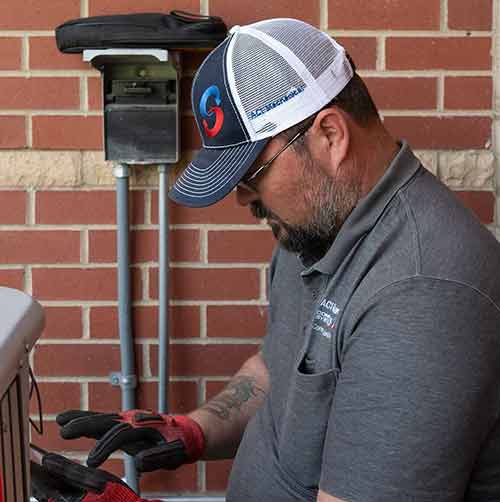

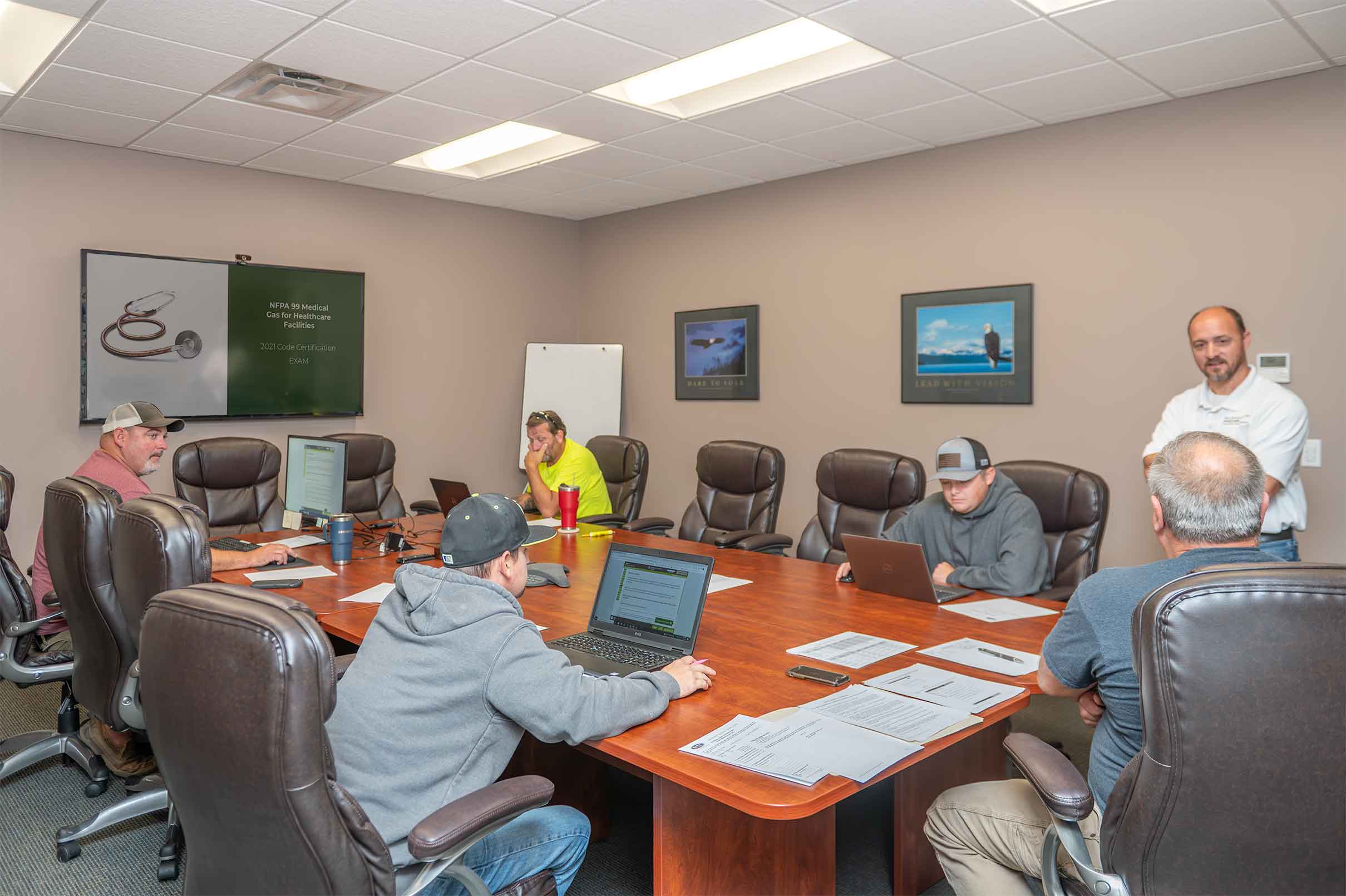
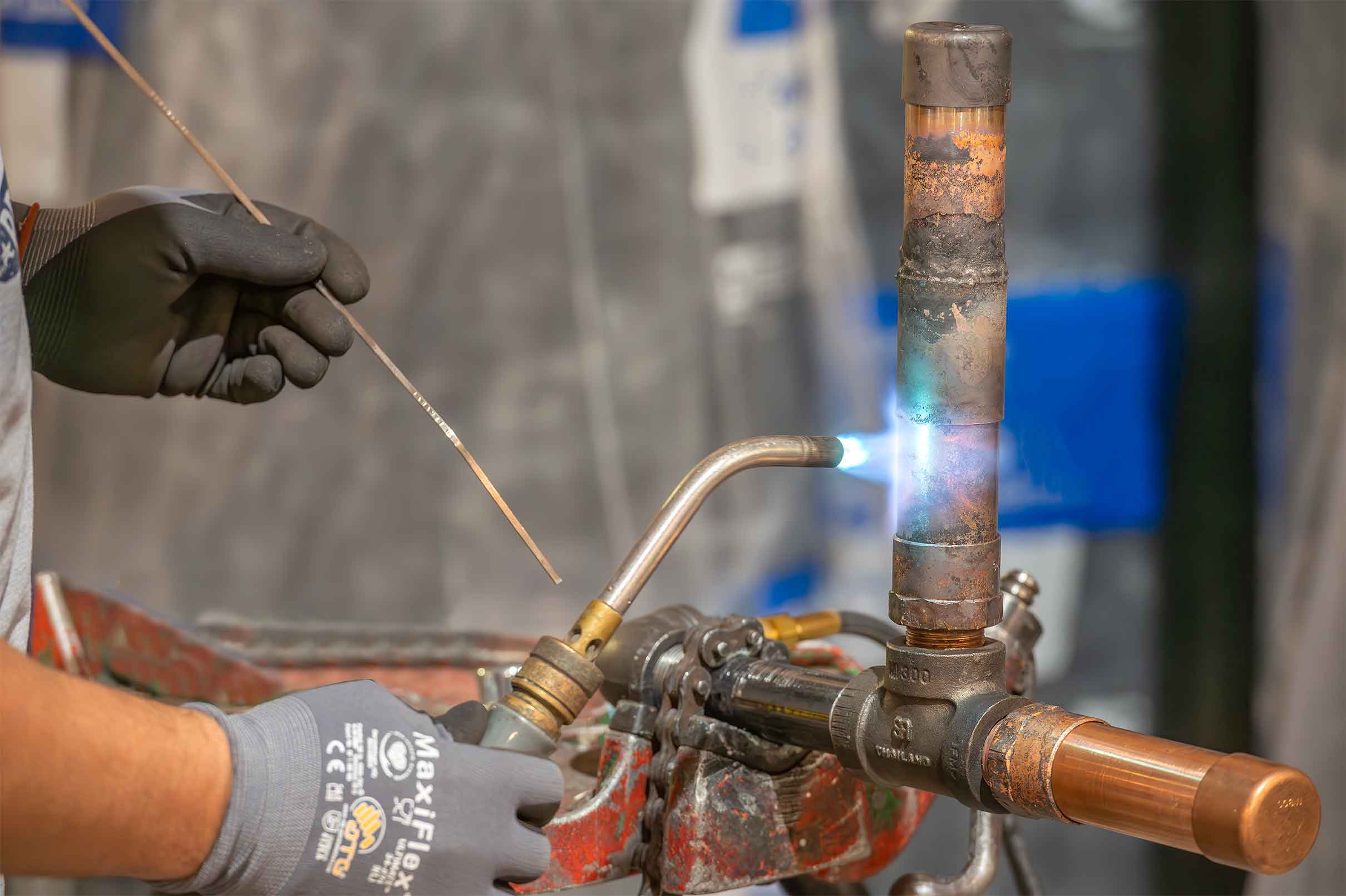
Why NFPA 99 Certification Matters
In the ever-evolving healthcare landscape, patient safety remains the highest priority for healthcare providers. Every aspect of healthcare delivery must adhere to stringent standards, from state-of-the-art medical equipment to rigorous hygiene protocols. One often overlooked yet crucial element of patient care is the medical piping infrastructure, which plays a pivotal role in ensuring the safety and well-being of patients. This is where NFPA 99 Healthcare Facilities Code Certification comes into play.
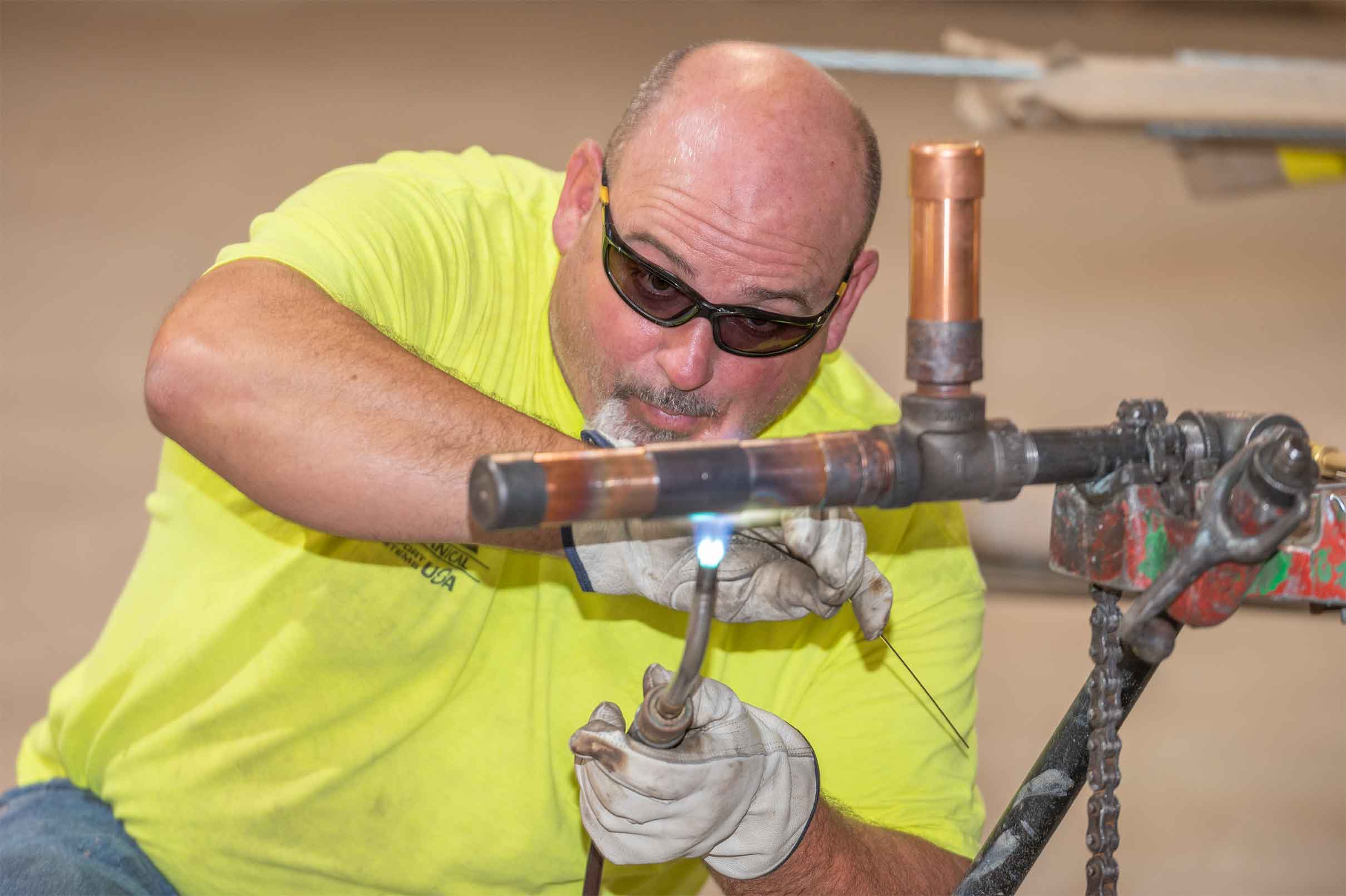
For the aforementioned reasons, our staff has been evaluated and certified in accordance with current standards for the proper installation of medical pipes. ACI Mechanical, always committed to safety!

